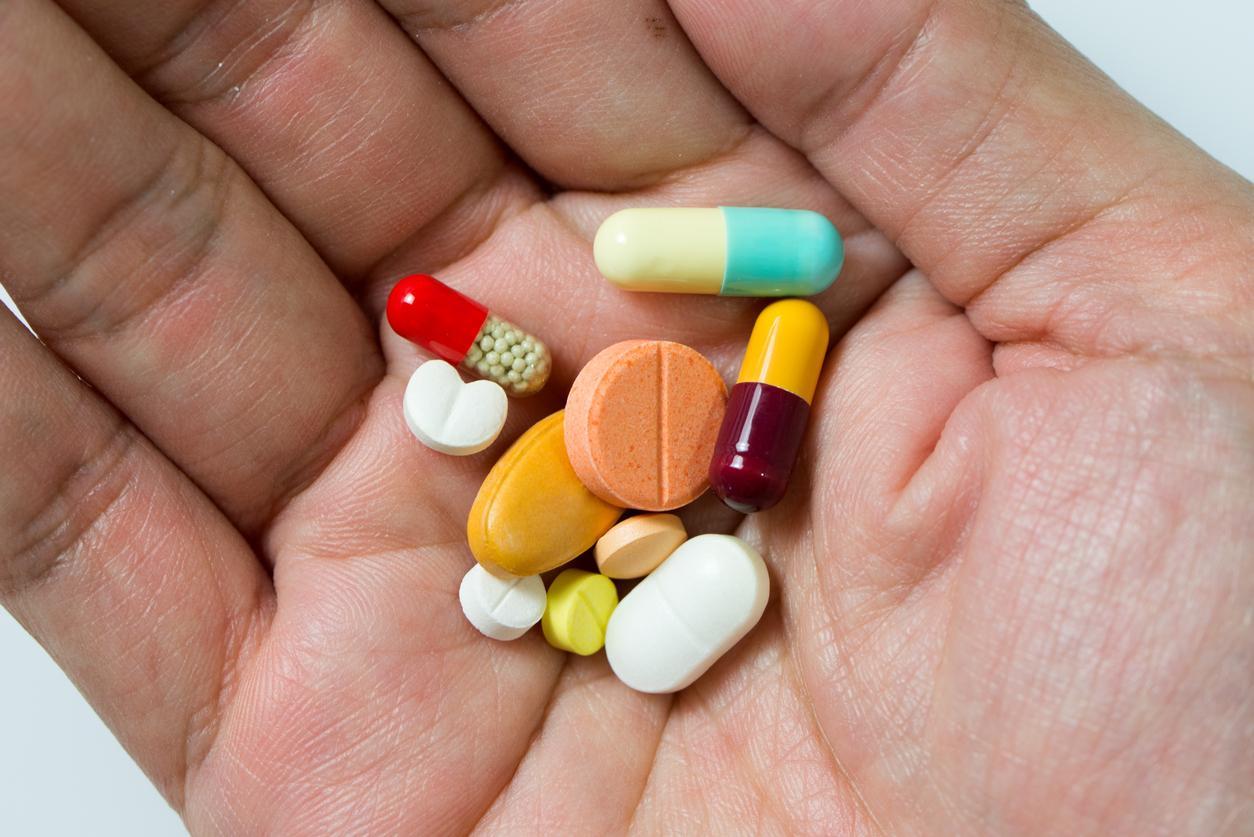I was like a numb zombie on antidepressants – pills should only be one part of the solution
No other treatment paths had been suggested to me and it was only after I had gained two stone in weight, without changing my diet, and was throwing up a few times a week that I realised that maybe my antidepressants weren’t working for me


A new study has been published claiming that antidepressants categorically work. As someone who has had a lot of personal experience with antidepressants, I am worried about this claim. My experience may differ to others, but my relationship with this treatment has not always been positive. Antidepressants are unlikely to work without any other form of treatment.
The study exhibits a narrow view, which I find particularly scary. Even if you are lucky enough to feel better after taking the pills, medication is only a very small part of the battle. For example, if you broke your leg, you wouldn’t expect it to just heal because it was in a plaster cast. To get it healthy again you would expect to be provided with crutches and most likely some form of physiotherapy.
And if you were being treated for other chronic issues, such as heart disease, you would have the opportunity to speak to a specialist. That doesn’t happen so much with mental health and GPs are not specialists in psychiatry.

In other words, you can’t give someone a pill and expect it all to be OK. I found this out the hard way.
When I was first prescribed antidepressants I didn’t feel as though a lot of thought had gone into the decision. I met my GP, had a five minute chat, was presented with a prescription and told to take the pills every day in the evening and I’d feel better. I followed these instructions. Yet I found that my insomnia and anxiety got worse, and within a couple of months I ended up in hospital.
While I don’t blame the antidepressant itself – it was clear I was severely depressed anyway – I do think that there was a lack of thought behind the prescription, and the doctor’s rationale behind which pill I should take was also unclear.
Even after my hospital stay, I was on high doses of medication. I took it without really thinking about what I was doing. No other treatment paths had been suggested to me and it was only after I had gained two stone in weight, without changing my diet, and was throwing up a few times a week that I realised that maybe my antidepressants weren’t working for me.
I have now stopped taking the pills. Not only has my weight come back down to where it was before but I also have started to feel again. Because what I didn’t realise was that rather than lifting my mood, my antidepressants just made me feel numb. In all honestly, I felt a bit like a zombie, just going through the motions.
But don’t get me wrong. Anything that helps to reduce stigma when it comes to mental health is brilliant. However, what we forget is that medication has an effect on your brain and is not something to be taken lightly. With incredibly overstretched and underfunded mental health services, my main concern is that pills will become the norm and other treatments will be overlooked at their expense.
With only one in six people receiving the care that they need, I don’t feel that the field of mental health expertise knows enough to rely on drugs that can have such a wide-ranging mental, emotional and physical impact on so many people.
I am not ready to put all my faith in a treatment that doesn’t work for everyone – I believe that we need to think of antidepressants as only one part of a much bigger picture when it comes to treating mental health.
Read the other side of the debate here
If you have been affected by this article, you can contact the following organisations for support:
mind.org.uk
beateatingdisorders.org.uk
nhs.uk/livewell/mentalhealth
mentalhealth.org.uk
samaritans.org
Join our commenting forum
Join thought-provoking conversations, follow other Independent readers and see their replies
Comments
Bookmark popover
Removed from bookmarks